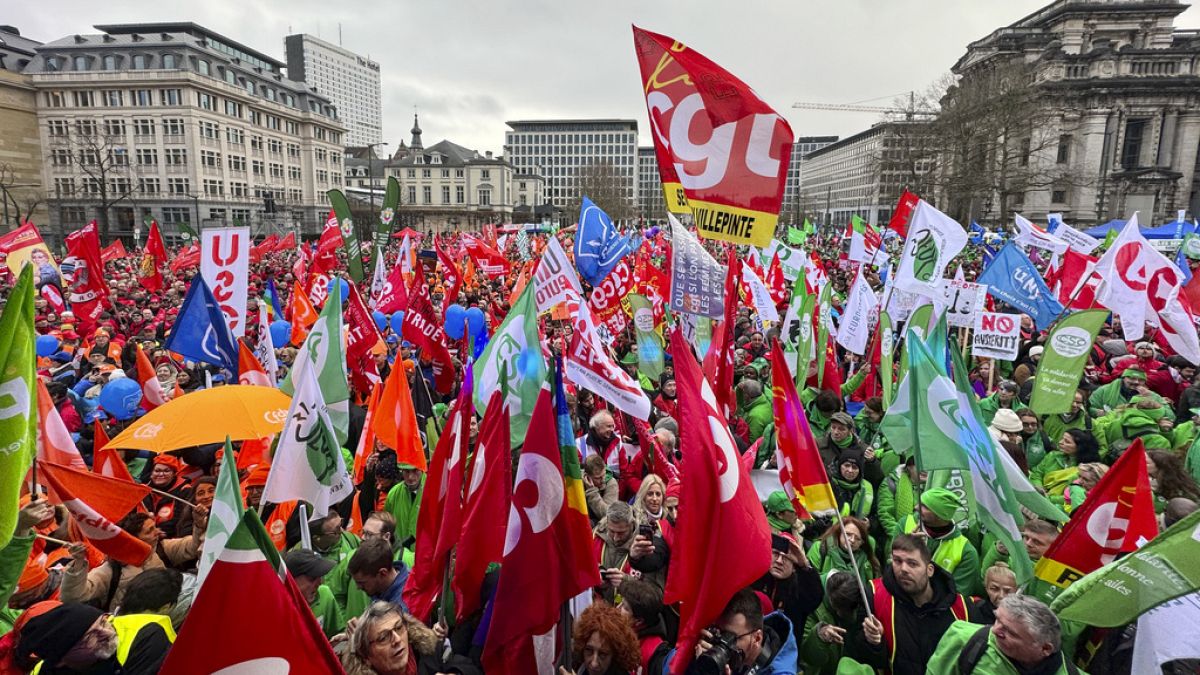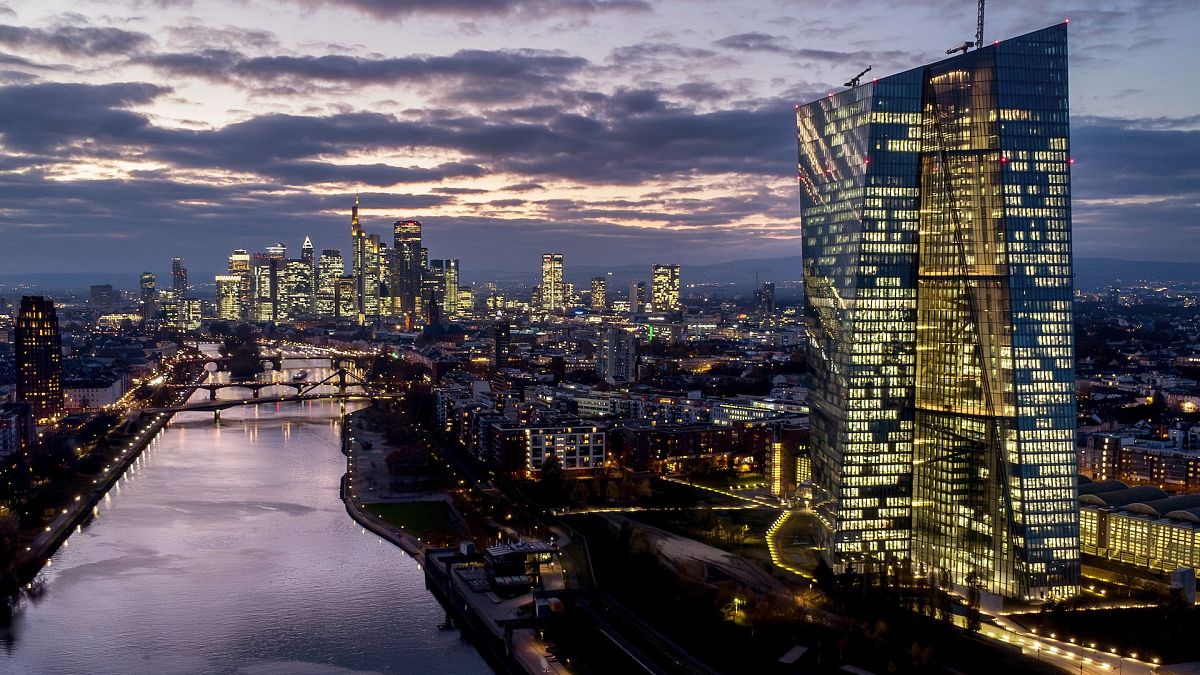EPP demands ‘urgent’ action as car makers lag on electrification

This week has seen a ratcheting up of pressure from the political right and car industry, which want the EU to ease regulations designed to cut emissions and promote a switch to electric vehicles.
The European Commission must take action “as soon as possible” as the automotive sector faces huge fines as a deadline to reduce the average emissions of cars and vans looms, the centre-right European People’s Party reiterated today.
Stricter CO2 emissions standards agreed in 2019 come into force next year, but carmakers are blaming sluggish sales of electric vehicles for their inability to comply when the limit tightens from 115.1 grammes per kilometre to 93.6g.
Arguing that the market for electric cars was “not developing as expected”, the EPP repeated warnings from carmakers that a struggling industry was now facing the prospect of billions of euros in fines.
So far, the European Commission has held firm in its position that carmakers have had years already to prepare for the new limits in place from 2025. Rather than abandoning the whole system, the EPP’s request is more nuanced.
A package of “temporary relief measures” could include allowing producers to “bank” some of their sales, presumably to be counted at a point in the future where electric vehicle sales have risen.
Compliance could be based on a three-year average rather than a single year’s output, and penalties could be based on vehicles actually produced, rather than those sold and registered, the EPP suggested – which would mean, for example, that carmakers could ramp up production of smaller, more affordable e-cars.
The end of the ICE age
The largest group in the European Parliament also wants a “correction” of the 2035 exhaust pipe emission limit, which amounts to the de facto prohibition of the sale of new petrol and diesel models.
“The European Commission must urgently present a revision to [the regulation] that reintroduces the technological neutral approach and acknowledges the role of all technologies in achieving CO2 reductions,” runs the EPP’s six-page position paper.
Speaking to journalists in Brussels, German lawmaker Jens Gieseke recognized the “very controversial” nature of the internal combustion engine (ICE) question, but was clear on his group’s position.
“We want to have alternative fuels, e-fuels biofuels, renewable synthetic fuels, and this should be accompanied by a carbon correction factor,” he said, referring to a number that would be applied to such carburants, comparing their lifecycle CO2 emissions with that of fossil fuels.
Critics point to the fact that it is physically impossible for e-fuels to compete with direct electrification in terms of efficiency, while liquid alternatives to petrol and diesel such as biofuels and synthetic hydrocarbons come with many of the pollution problems associated with fossil fuels.
Global competition
Gieseke swerved a question about why the European automotive industry has fallen so far behind US and Chinese firms in cornering the growing global market for electric vehicles despite a history of substantial public support.
“There are millions of people working in the sector,” Gieseke said, adding that the EPP’s call was not about subsidies or inventing new incentive schemes, but “at least delivering a regulatory framework where this industry could survive”.
In a press briefing earlier in the day, Volvo Cars head of global sustainability Vanessa Butani questioned the logic of looking to such technologies when electrification was already well underway.
“For passenger cars we know that direct electrification is the most efficient solution,” Butani said. “Carbon neutral fuels don’t actually reduce tailpipe emissions and the pollutant emissions that go with them,” she added.
“Europe needs to remain relevant, and to do that we need to be fast – we can’t just keep kicking the can down the road because that will only increase the gap in competitiveness,” Butani said.
The European Association of Automobile Manufacturers (ACEA) – from which Volvo Cars withdrew in 2022 – issued on Tuesday (10 December) its own call for a “simplified regulatory framework”.
The EU executive is due to present early next year a Clean Industrial Package, while Commission president Ursula von der Leyen has taken personal charge of a new Strategic Dialogue on the Future of the Car Industry in Europe.
World News || Latest News || U.S. News
Source link



